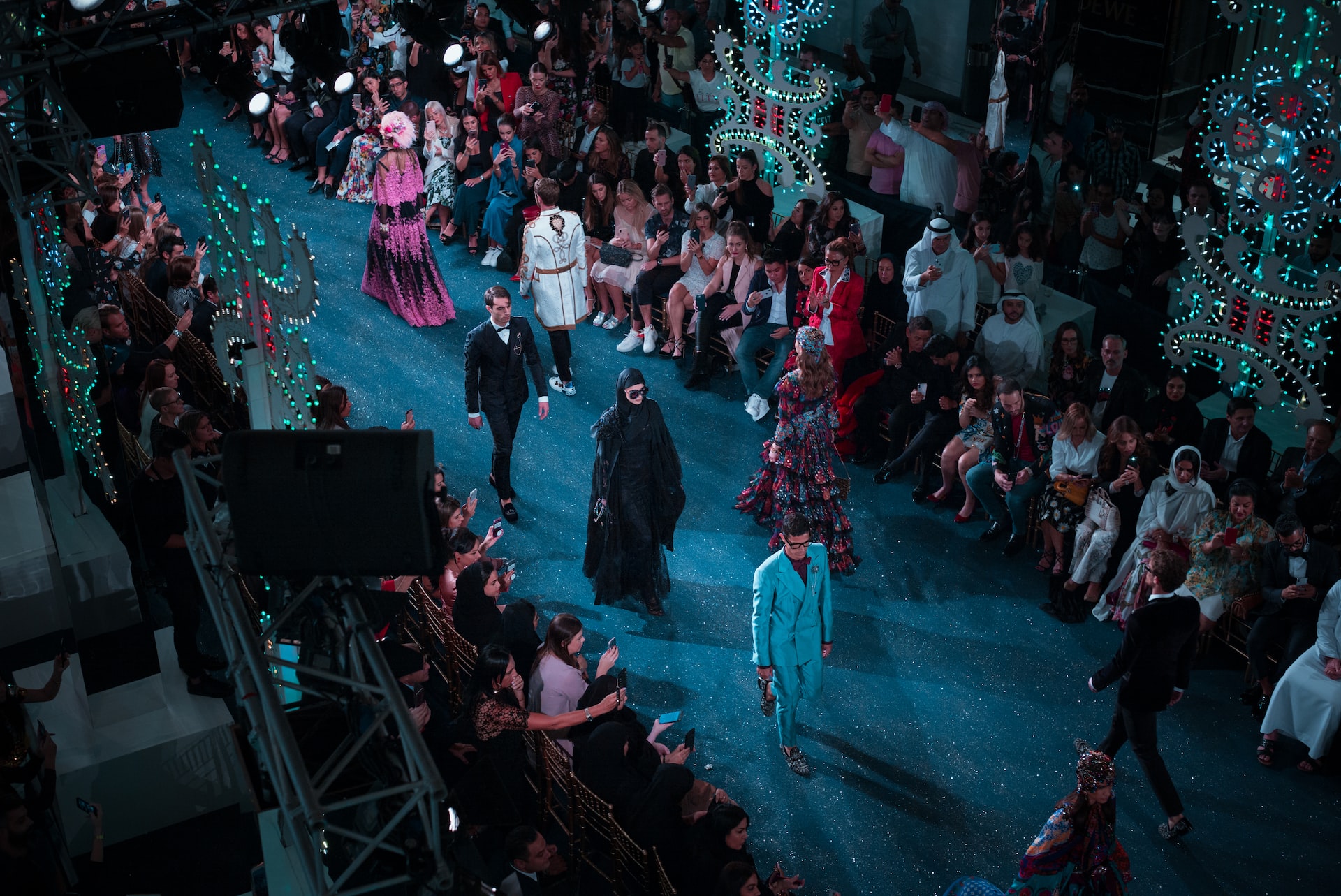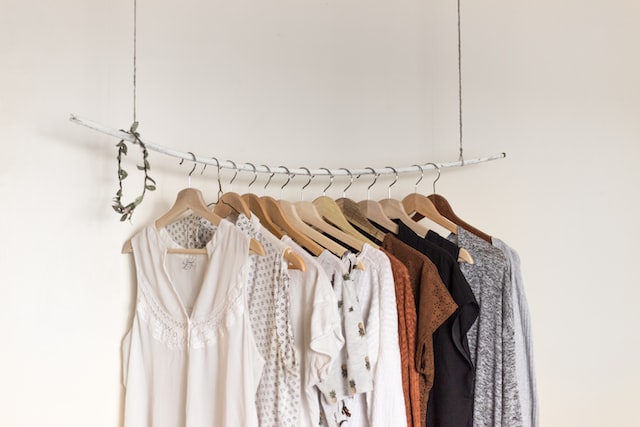How Economic Crisis Affects Fashion and What We Can Expect Now
In times of economic recession, all aspects of everyday life are affected, from housing costs to fashion trends. Some might argue that people do not need fashion at all at such a time. Others would say that there should be a new approach to it.
In any case, the changes are inevitable. Whether you are a fashion designer, art model, or stylist, it is important to know what is there to come. Together with Jooble, we explored this topic to figure out if there is a place for fashion during an economic crisis.

What Can We Learn From History
It is not the first economic crisis in modern history. It is possible to predict some of the changes based on what had happened previously. In the early 1980s, the world experienced a period of recession. How did it impact fashion? Here are the major highlights of that process:
- The rise in unemployment rates and prices led to less spending in all spheres, including clothing and apparel;
- Retail sales have dropped significantly;
- However, luxury brands still had a good position as their primary audience was not as affected by the recession as the general public;
- Some companies were not able to produce and distribute their products. As a result, a decent amount of businesses went down. People lost their jobs and that added to unemployment rates as well;
- People that were affected by the recession had to cut their fashion spending. They either invested in fewer items of better quality or went for lower prices.
If a person needs to decide whether to pay rent or buy a new pair of trousers, the reasonable choice would be the first one. Similar processes happened during the 2008 economic crisis. A lot of people had to cut down their spending on clothing and apparel.
For producers and brands, this poses several challenges. They need to meet new expectations while staying on the float. Historically, it often led to innovation in fashion. There needs to be a novelty in a release to attract customers. Consumers have to be excited to buy something, which motivates producers to create new ideas.
New designs often emerge when people need to adjust their buying behavior. This might mean the use of new materials or new trends in clothing.

Do We Still Need Fashion During the Economic Crisis?
Although not everyone would agree, fashion will not go anywhere. Whether some think it has no place in a time of recession, the industry will continue to exist and produce new designs. First of all, because it is a huge sphere that contributes to the economy and employs a lot of people.
Secondly, no matter what happens, people still want to look good. Fashion and style are not so much about designer brands but more about self-expression. While a lot of people would have to change their spending behavior, they are still going to find ways to express their style in daily life.
In this regard, we can expect new trends to appear and stay:
- Sustainable fashion. It is already present and offers more value to customers. People want to know that if they spend money, they are doing it sustainably;
- Thrifting. This trend has been present for quite some time. And it is going to stay relevant. Thrifting and re-using old garments is an affordable way for many people to update their wardrobe and give a new life to old pieces;
- Alterations and creativity. Limited resources always lead to the creativity of how to use the ones you have. Some would alter their existing clothes to new silhouettes or try making their own pieces.
- Minimalist wardrobe. Capsule wardrobes are also not new, but they are going to be even more relevant. It is useful to have several evergreen pieces that one can combine to create a multitude of looks. So consumers would be more interested in buying high-quality pieces that can be easily mixed and matched with other garments.
- New ways to shop. A lot of new platforms might appear or gain popularity. For example, Depop made $70 million in revenue in 2020, when a lot of other brands and shops were struggling.
Closing Thoughts
Although the financial crisis is going to affect the fashion industry, it is not going to go extinct. There will be major changes in the way people shop and what they prefer. Brands might invest in creating resale ecosystems to ensure sustainability and affordability. Creators might come up with new designs and silhouettes relevant to the times. And people are going to be more creative with the resources they have.
Answering the main question, people do need fashion because it is a way to express their personality. But as the times are changing, fashion is going to change as well.